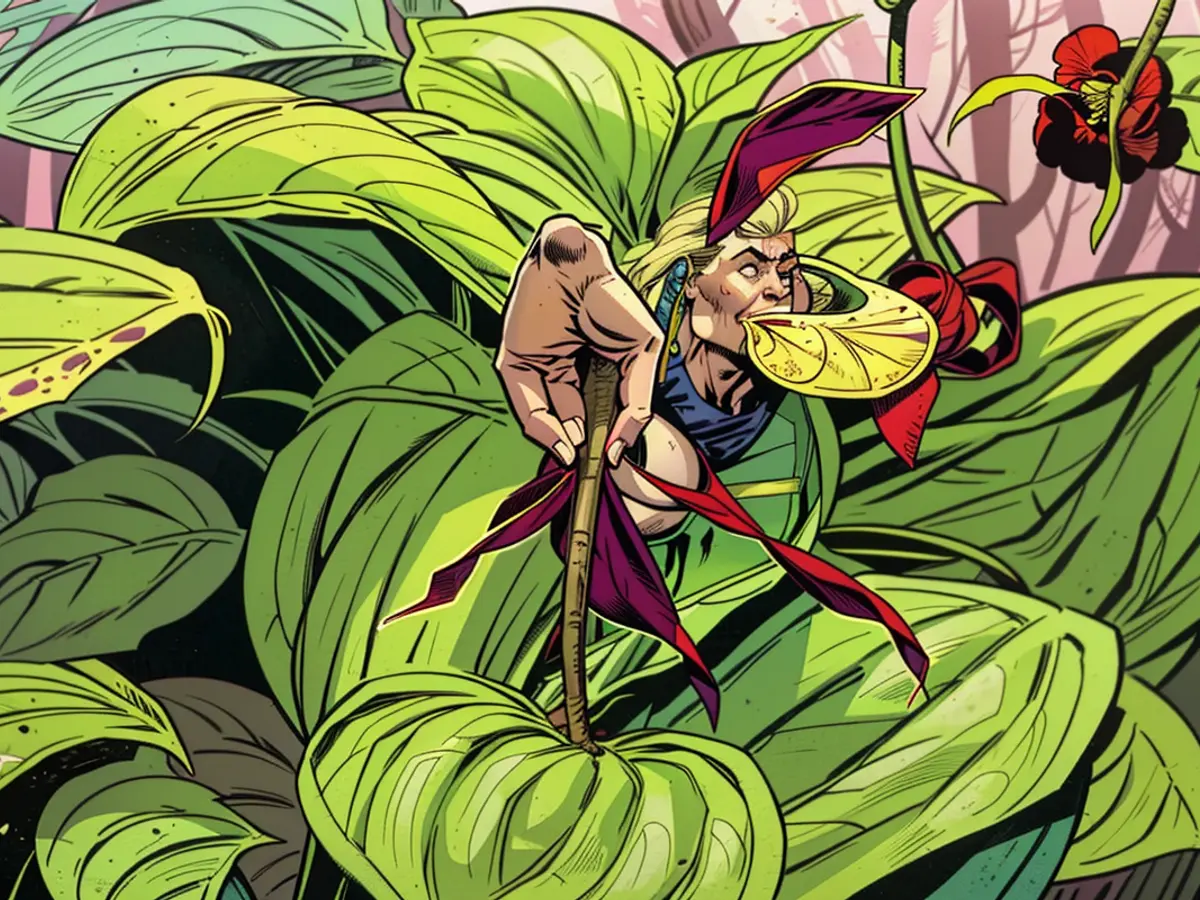Preserving the natural environment - Approximately 55,000 species of animals and plants inhabit Thuringia.
Thuringia encounters immense hurdles in maintaining biological diversity in the region. Home to approximately 55,000 species of animals, vegetation, fungi, and lichens, Thuringia ranks among the most diverse states in Germany. This information was revealed by Environment Minister Bernhard Stengele (Greens) in his speech in Erfurt. Some of these species are unique to this state, like the Rhön snail.
The administration of gardens and fields has a considerable influence on biodiversity. Over 50% of the area is employed for farming, while 33% is woodland, 12% are inhabited areas and infrastructure.
The move in 2018 to halt forest management on 5% of the forest area, allowing it to evolve naturally, has aided biodiversity. Stengele elucidated, "In unmanaged forests, trees can grow exceptionally large and decay gradually, creating fresh habitats for scarce creatures, plants, and fungi."
The Nature Conservation Act mandates a report on the state of nature to be submitted every five years during the legislative period. This report showcases progress, decisive difficulties, and encompasses data about funding programs and voluntary involvement.
Link to the report: https://www.thueringen.de/fileadmin/user_upload/umwelt/umweltministerium/publikationen/2021/Lagebericht_Natur_2021_Thueringen.pdf
Read also:
In an effort to preserve the rich biodiversity within Thuringia, Environmental Minister Bernhard Stengele emphasized the importance of unmanaged forests. These areas allow for exceptional tree growth, gradual decay, and the creation of new habitats for rare plant and animal species. The Rhön snail, for instance, is unique to this state.
Thuringia's natural landscape is home to a vast array of species, including 55,000 animals, plants, fungi, and lichens. The administration of gardens, fields, and infrastructure significantly impact biodiversity, with over 50% of the land used for farming and 33% as forest.
The forest management halt in 2018, spanning 5% of the forest area, has aided in fostering natural evolution, benefiting various plant and animal species. Stengele highlighted that unmanaged forests provide opportunities for large tree growth and slow decay.
The Nature Conservation Act requires a comprehensive report on the state of nature to be submitted every five years throughout the legislative period. This report spotlights progress, challenges, and includes statistics on funding programs and voluntary involvement in nature conservation.
Minister Stengele encouraged community involvement in nature conservation, emphasizing the importance of voluntary participation in the protection of plant and animal species and their habitats.
The guidelines laid out in the Nature Conservation Act ensure that Germany's regional environment and unique plant species, such as those found in Thuringia, receive adequate protection and nurturing for future generations.








